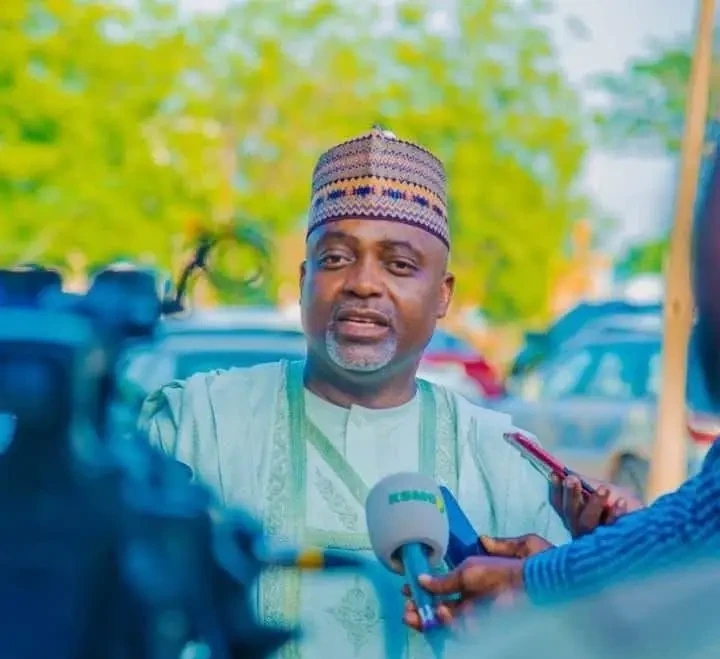Security agencies in Nigeria’s Kaduna State intercepted a suspect with ₦25.9 million (approximately $23,000) allegedly intended for vote-buying during state assembly by-elections on Saturday, according to local officials. Ahmed Maiyaki, the state’s Commissioner for Information, accused opposition parties of involvement in the incident while defending the ruling All Progressives Congress (APC) against similar claims.
The arrest occurred ahead of elections in Zaria Kewaye and Basawa constituencies, where voters were selecting new representatives for the Kaduna State House of Assembly. During a briefing in Zaria, Maiyaki stated that security operatives recovered the cash from a hotel and linked it to opposition groups, though he did not name specific parties. Photographic evidence of the seizure was cited as proof. “Votes are not for sale,” Maiyaki emphasized, insisting the APC had focused solely on garnering public support through “legitimate means.”
The commissioner praised the Independent National Electoral Commission (INEC) for its handling of the polls, noting the early distribution of materials and streamlined voter accreditation process. He described the commission’s preparedness as “unprecedented,” a sentiment echoed by observers who reported peaceful voting across Zaria, a historic city in northern Nigeria. The by-elections mark a critical test for electoral integrity in a region where vote-buying and logistical challenges have previously marred elections.
While the APC has consistently denied allegations of electoral malpractice, opposition figures in Nigeria have long accused the ruling party of leveraging financial incentives to sway voters. Maiyaki’s claims, however, pivot the focus onto rival groups, framing the incident as evidence of their malfeasance. No formal charges against the detained suspect or affiliated parties have been disclosed as investigations continue.
INEC’s performance drew particular attention, with officials highlighting the simultaneous accreditation and voting system as a step toward reducing delays and crowding. Voter turnout appeared robust in urban centers, though rural participation details remain unconfirmed. The elections, closely monitored by domestic observers, could influence broader perceptions of Nigeria’s electoral reforms ahead of the 2027 general elections.
For now, the process in Kaduna—a politically strategic state—unfolded without major disruptions, offering a tentative sign of progress in a nation grappling with the twin challenges of corruption and civic trust.
